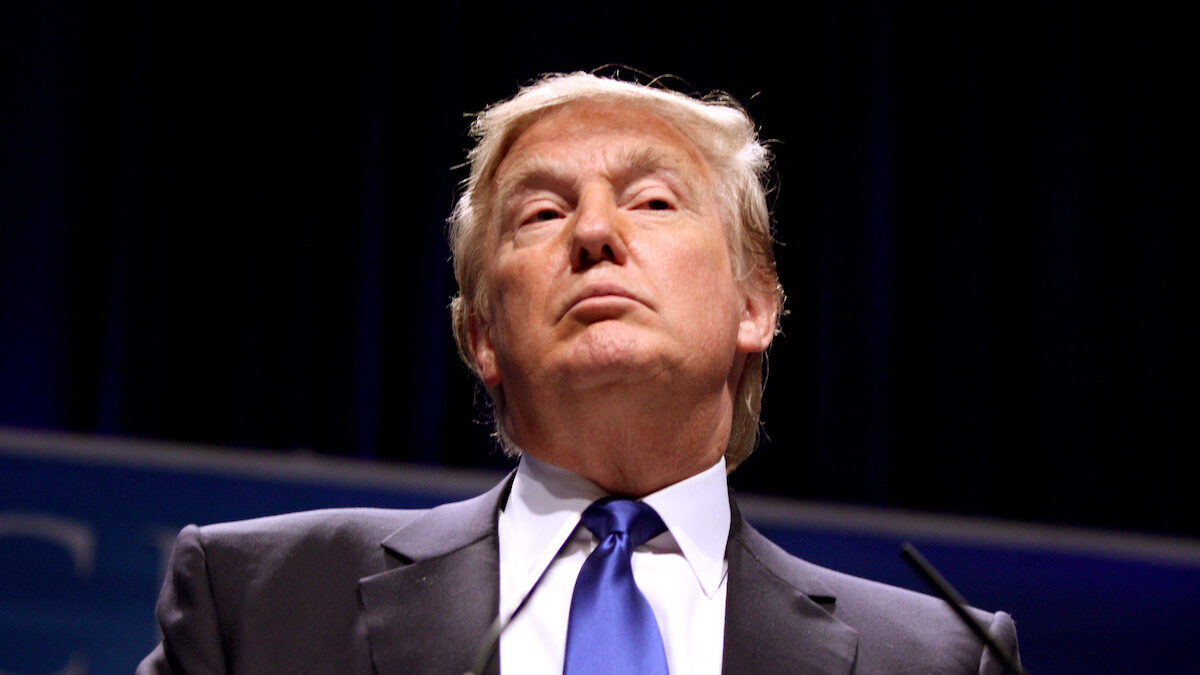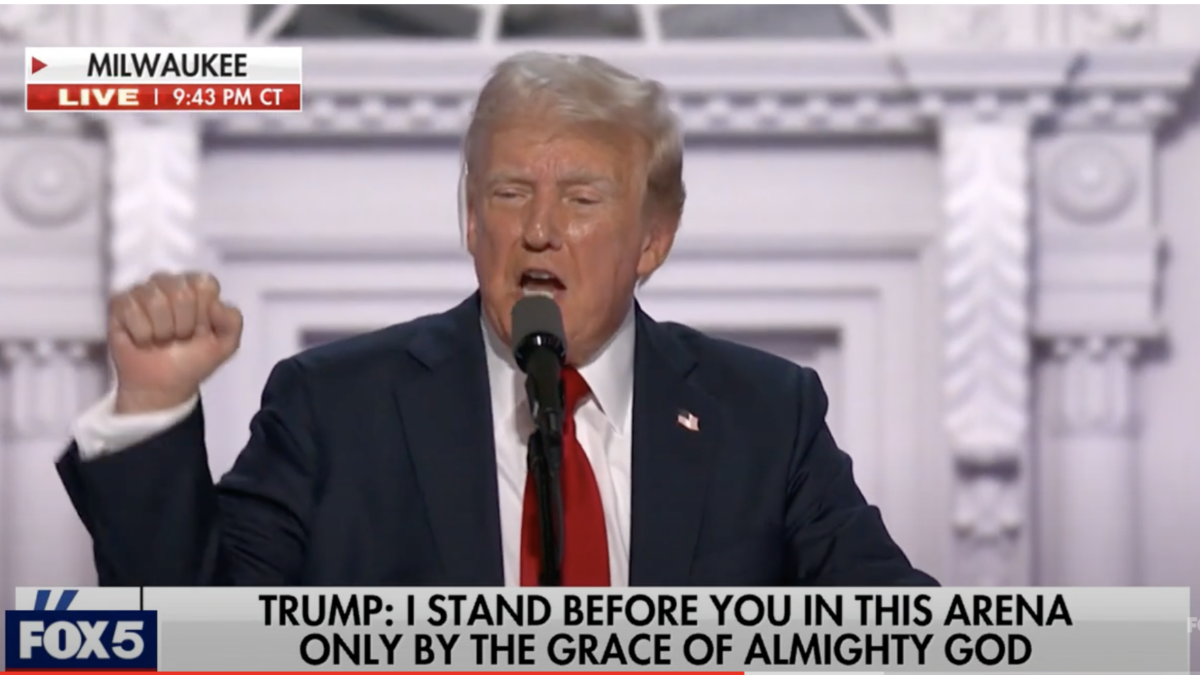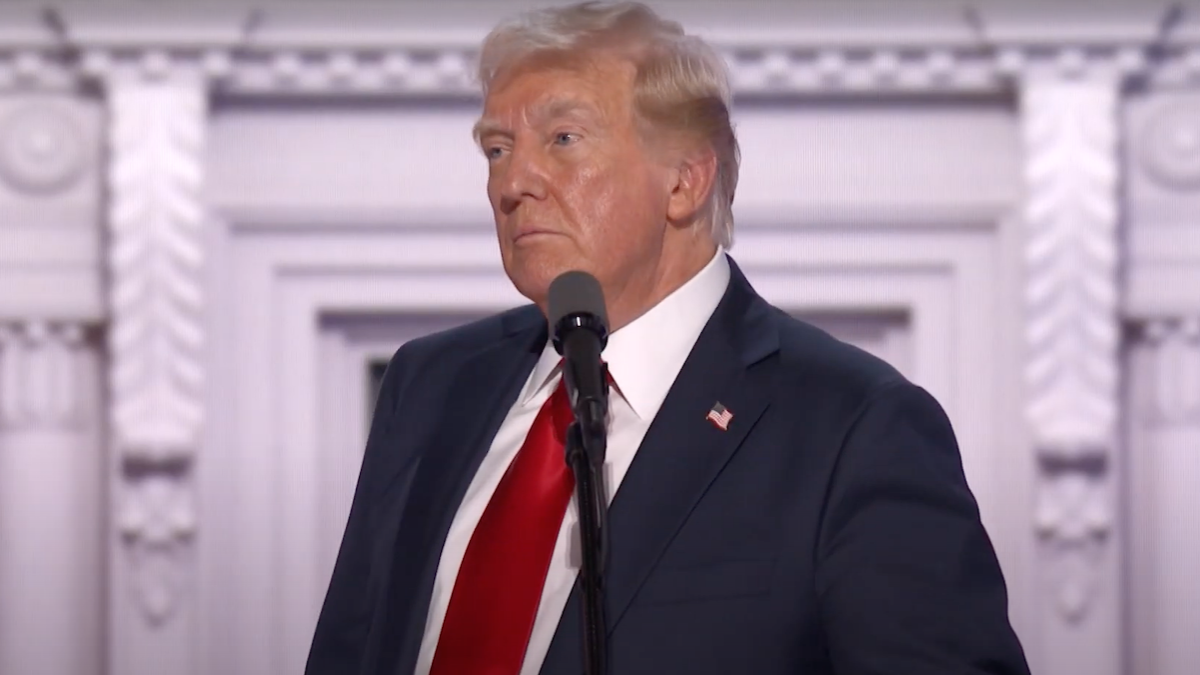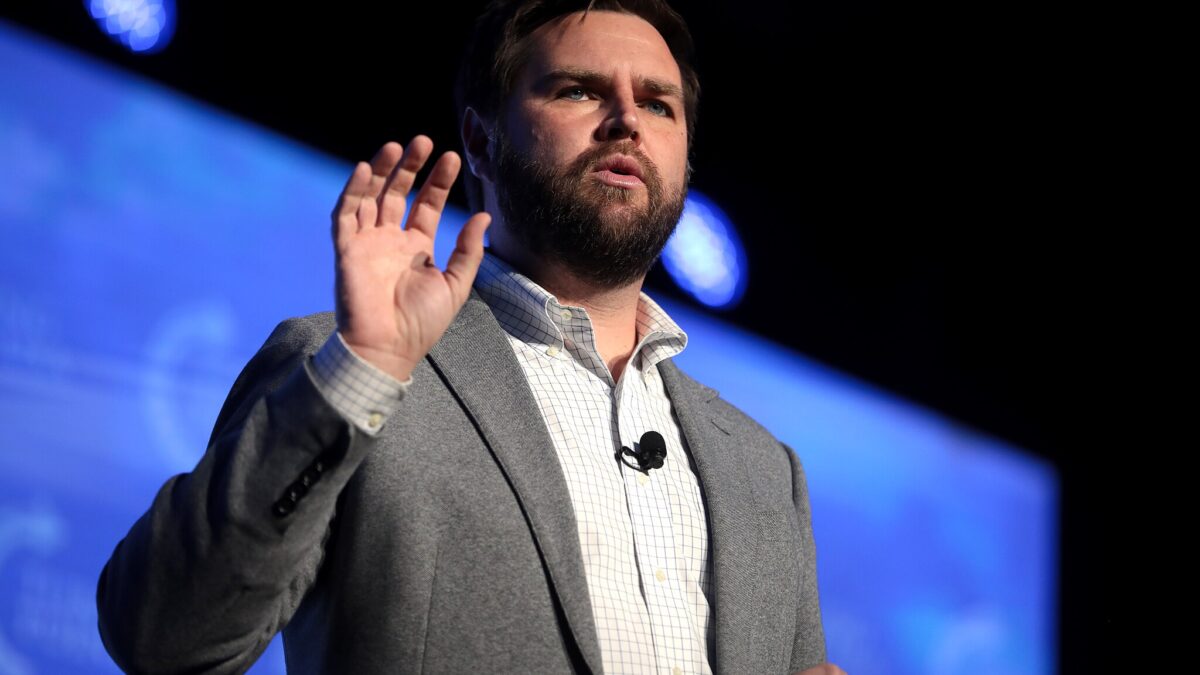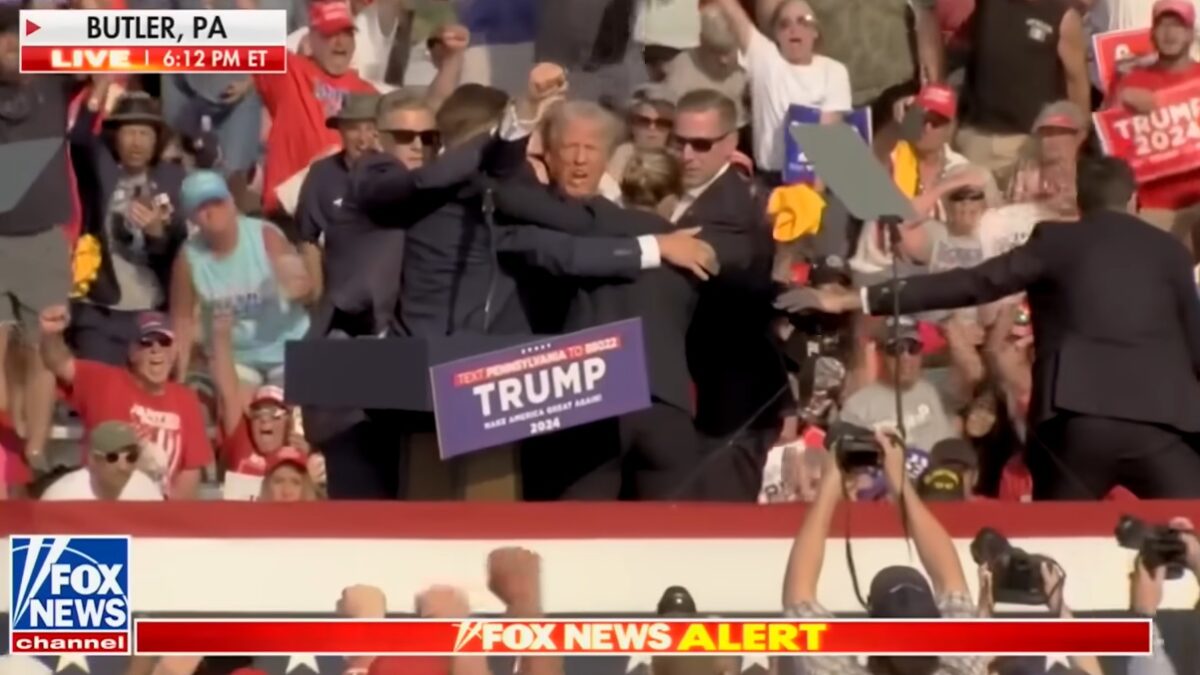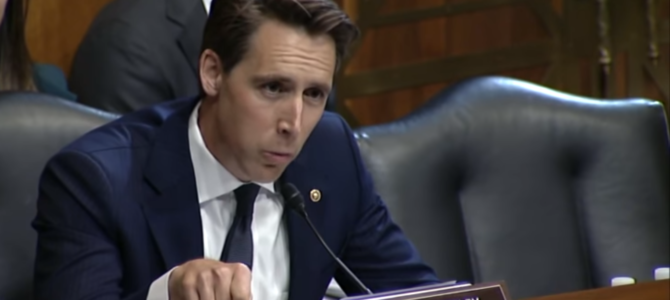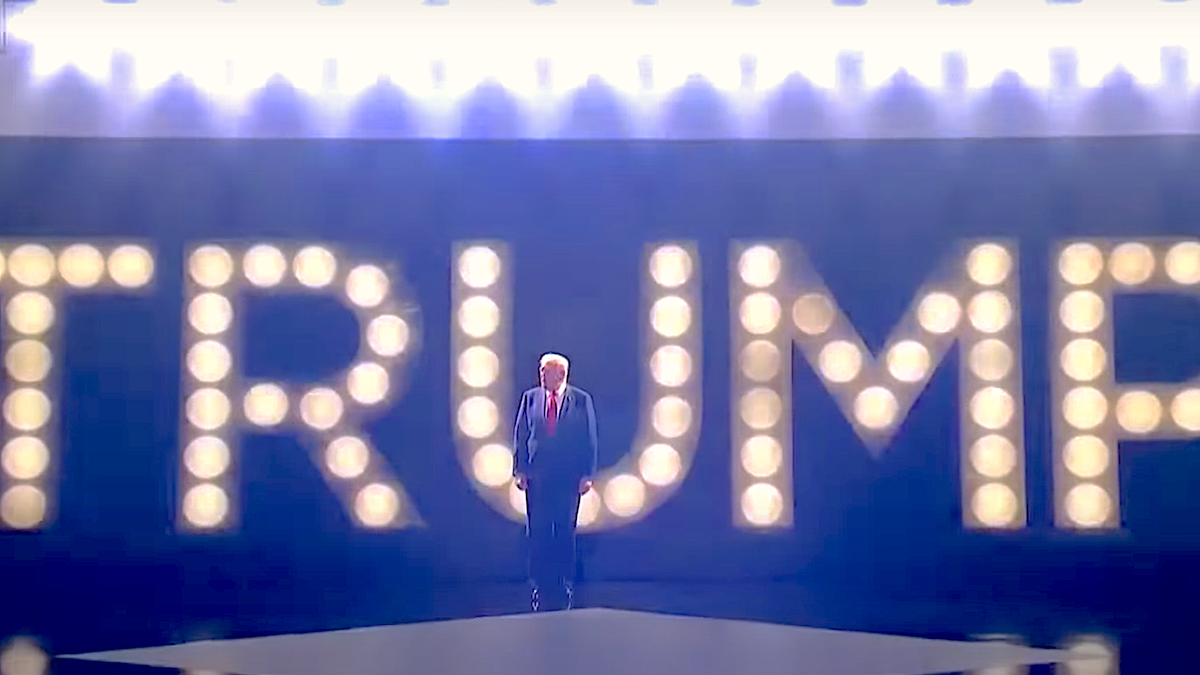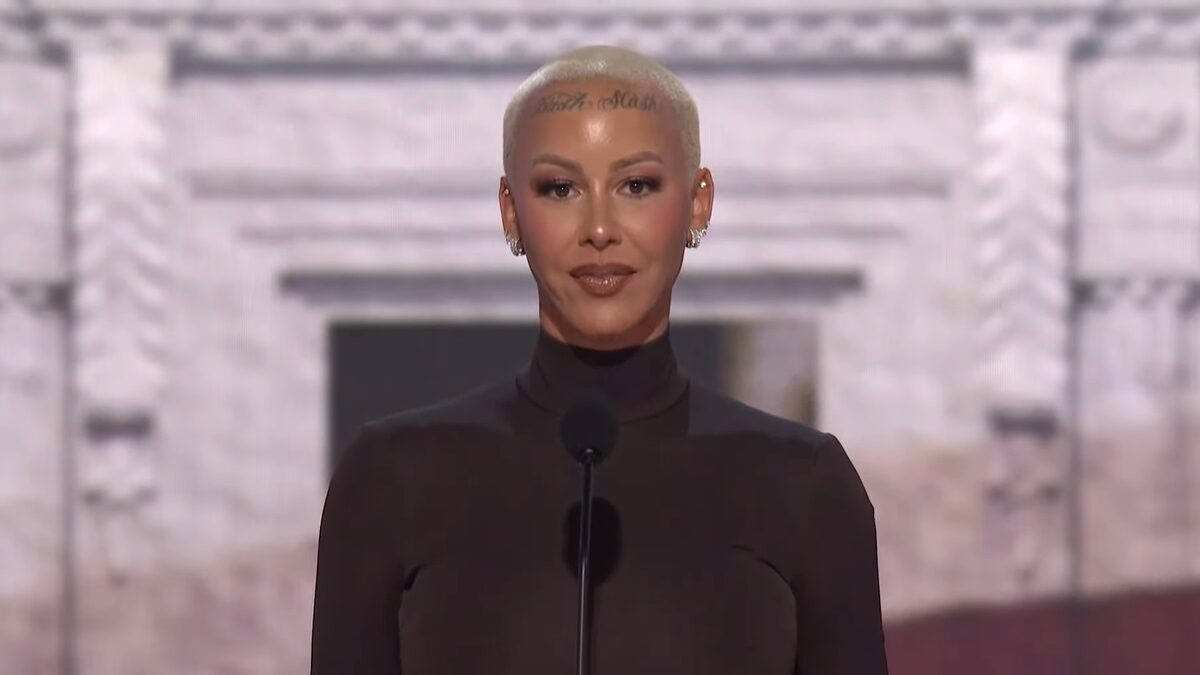I belong to a gym where the membership is heavily black and brown. A couple of years ago, I started wearing “Let’s Go Brandon” T-shirts to some of my workouts. Whenever I did, I could not walk more than a few steps without getting a fist bump. The approval of my insult to President Joe Biden was a preview of what the polls now tell us: Support for former President Donald Trump has surged in black and Hispanic communities.
Ever since Donald Trump came down the golden escalator at Trump Tower nine years ago, racial minorities have been told incessantly that Trump is a racist and a white supremacist. Yet many either haven’t been listening or just don’t like being told what to think. They are increasingly expressing support for Trump — publicly and raucously.
Recent polls show that Hispanic voters favor Trump over Biden for the upcoming presidential election, while black voters, though still supporting Biden by wide margins, prefer Trump at levels not seen for a Republican presidential candidate since President Nixon’s reelection in 1972.
There’s no doubt such support can be attributed to Trump’s policies. Hispanic and black unemployment rates hit record lows during his administration before the Covid-19 lockdowns. Inflation was under control, with average yearly inflation under Trump at 1.9 percent — versus 5.5 percent under the Biden administration. For American households, real net worth increased 16 percent through Trump’s first three years, versus only 0.7 percent through Biden’s first three years.
But there is something else happening. The support for Trump from racial minorities appears to be visceral and based on genuine personal fondness for the former president — something Biden could never achieve. Unlike recent Republican presidents or presidential nominees, Trump also displays comfort and camaraderie in his personal interactions with those who are black and brown, not awkwardness or detachment.
The day after Trump was convicted in the sham trial in New York, he appeared at that weekend’s Ultimate Fighting Championship (UFC) competitions and walked out to a thunderous welcome from an arena packed with people of all colors and ethnicities. After Trump took his seat, the crowd broke out into a spontaneous “F-ck Joe Biden” chant.
When Kevin Holland, one of the fighters of the night, won his bout, the first thing he did was jump over the octagon to shake Trump’s hand. Holland, like numerous other UFC fighters, is black.
Had Biden encountered anything remotely resembling this level of unprompted excitement from black and brown Americans, the left and the corporate media would have raved about the “diversity.” Yet, The New York Times reached into the grievance bag of identity politics and rendered this judgment of Trump’s UFC love fest: There weren’t enough women in attendance.
Certainly, neither Trump nor his supporters care for the Times or its notions of diversity. Much to the chagrin of the biased media, however, Trump’s connection to core constituents of the Democrat Party is real and growing strong.
At Trump’s impromptu visit to a bodega in Harlem on day two of his New York trial, he was greeted by a boisterous and welcoming crowd. At a rally in the South Bronx in May to court black and Hispanic voters, Trump drew a large audience in the heart of Democratic territory.
Meanwhile, black anti-Trump Democrats, who claim to speak for all black people, have seen their comments contradicted by pro-Trump black Americans.
One of these black Democrats, Gov. Wes Moore of Maryland, appeared on “This Week with George Stephanopoulos” to say it was “deeply offensive” to suggest that Trump’s conviction in the New York trial would help him among black and other nonwhite voters. Rapper 50 Cent offered an entirely different view. Referring to charges against Trump brought by a partisan district attorney in Fulton County, Georgia, the celebrity said he believed black men identified with Trump in this election because “they got RICO charges [too].”
Trump himself at times leans into his criminal conviction and prosecutions when speaking about rising support among black voters. In an interview with Semafor, he explained that black support for him results through “osmosis” because black voters “see what’s happening [to Trump]. And a lot of them feel that similar things have happened to them.”
While conservatives have long argued against the left’s claim that black people are systemically and racially targeted by the legal system, and Trump himself says he does not plan to focus on this issue, plenty of black Americans do perceive the system to be rigged against them. It is no small irony that by attacking Trump with brazen political prosecutions, the left has unwittingly engendered sympathy for Trump from many black voters.
In 2016, Trump pointed to the Democrat Party’s failed policies since the “war on poverty” and exhorted black voters to walk away. “What the h-ll have you got to lose?” Trump repeatedly asked. He might not have succeeded in convincing these voters to vote for him, but in that close election, many stayed home and declined to support Hillary Clinton, Trump’s opponent.
This year, ordinary black and brown Americans, like my friends at the gym, know well what they have lost under Biden’s policies. Many are increasingly moving toward the realization that Donald Trump was, and would be again, a better president for them.
